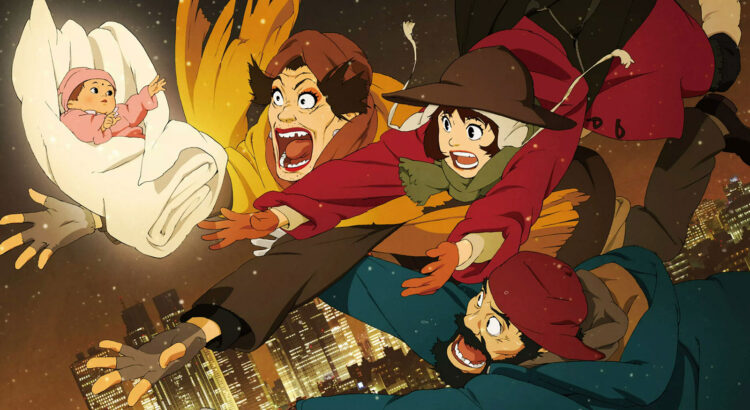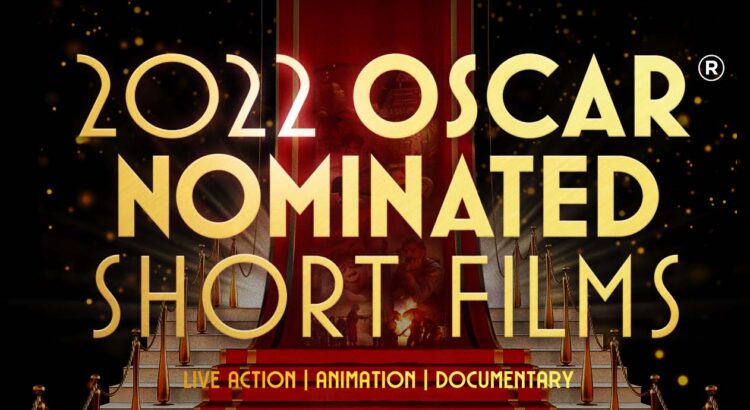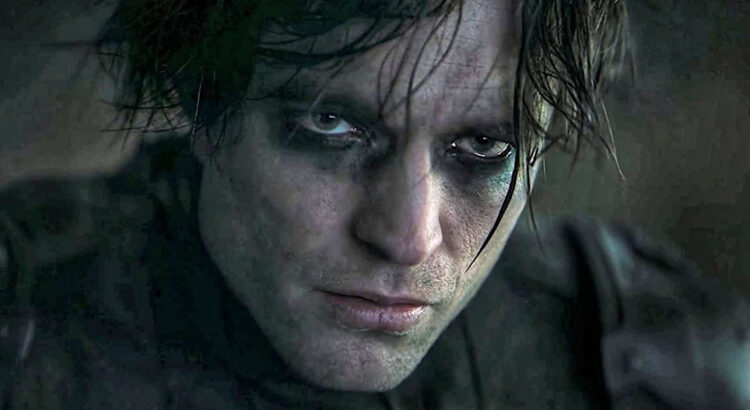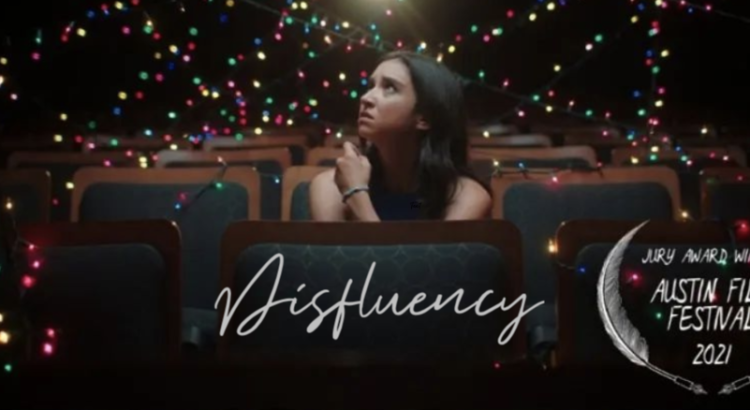I loved Tokyo Godfathers. Contrary to my expectations, it was not a tear-jerker movie, which was refreshing and much-needed for this stressful finals season. The comedic timing had the whole audience laughing, and the directors did an excellent job of turning an initial dark introduction and setting into a lighthearted movie. There were a lot of plot twists that was both funny and dramatic, and while I wouldn’t describe it as a heartwarming film, it had a perfect balance of sweet and dark humor.
I don’t want to give any spoilers, but if you’re interested in hearing a brief description, the story revolves around three main characters, each with their own unique background. They’re all homeless and have been living together for an indefinite amount of time (at least six months?). Despite knowing one another for that long, they don’t know how each of them became homeless or how they lived beforehand. Their daily routine suddenly changes on Christmas after finding an abandoned baby in the dumpsters. They embark on a journey to find the mother of the abandoned baby. The concept of ‘family’ is seen all throughout the film and is the driving point of the plot. The importance of family extends to side characters as well, which is what develops important character growth for the main characters too.
My favorite character is Hana, who is the motherly figure in the trio. I love how caring and passionate she is, and she really brings energy and life to the other characters through her enthusiasm. As someone who likes poetry, her intermittent haikus are also fun and give a special perspective to what traditional Japanese haikus are like. A lot more can be conveyed from the standard five, seven, and five-syllable phrases in Japanese compared to English. In a different context, I think Hana’s haikus would be appreciated more for their beauty, but it certainly served to heighten the comedic sense of Tokyo Godfathers.
Of course, the voice actors contributed largely to how vibrant the film is too. I also appreciated that the color palette of the film was rather subdued and mundane because it still showcased the darker aspects of the story, which highlighted the funny aspects even more.
For those uninterested in anime as a genre, I still think this movie would be worth it. Even though it is a family-based film, it’s not the most child-friendly though, so keep in mind who you want to watch it with. I’d definitely watch Tokyo Godfathers again, and I highly recommend you guys watch it too!







